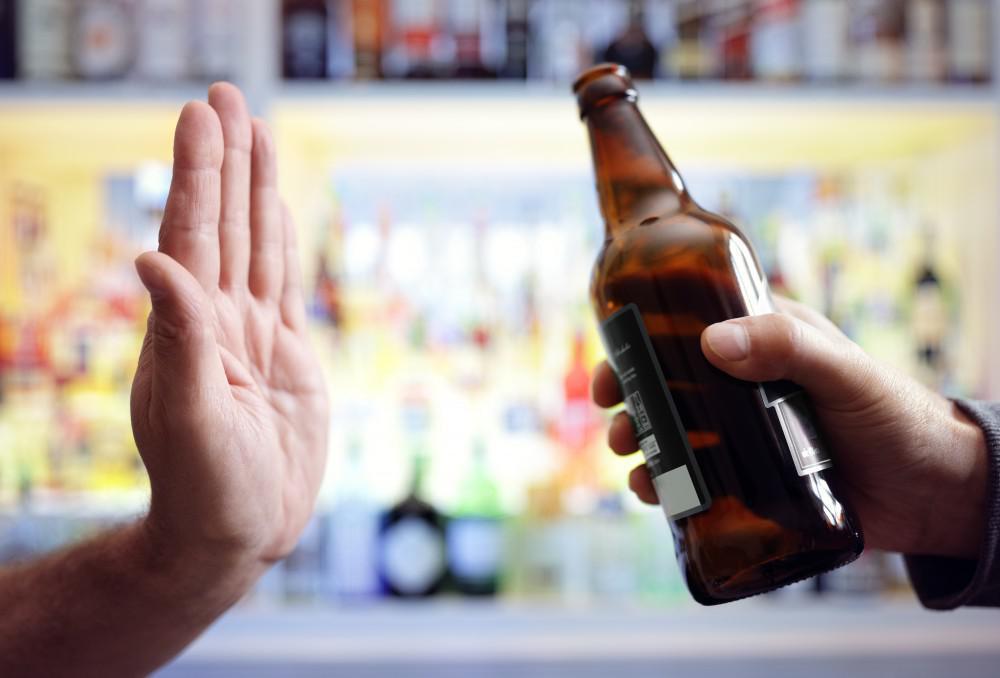
5 Tips for Staying Sober
You’ve done the work to become clean and sober, and you want to do what you can to stay that way. Here are five great tips that will help you safeguard your freedom from a substance use disorder.

Each person’s journey through, and hopefully out of, addiction is different, but there are some general rules of thumb for providing help to a loved one. Addiction is an insidious disease that not only affects the person who has the substance use disorder, but those around them.
To help guide your support while also ensuring that your life isn’t upended, the team here at Northview Wellness wants to share a few dos and don’ts when it comes to helping a loved one who struggles with addiction.
For those who observe addiction from the outside, the disease is difficult to understand. But make no mistake, addiction is a complex disease that encompasses your loved one’s physical, mental, emotional, and behavioral health. Addiction essentially hijacks your loved one’s brain, and many of their thoughts and actions aren’t their own.
If you want to learn more about addiction, we’re happy to point you in the right direction.
When you interact with your loved one, it’s important to understand the difference between helping and enabling. It can be awful to see a loved one’s life unravel because of addiction, and you want to help. Unfortunately, all too often this support simply enables them to continue using.
For example, bailing them out of trouble, giving them money, and just generally cleaning up their messes may only pave the way for more problems. Instead, offer an ear, a meal, a warm place to stay, but steer clear of propping them up time and again, which only prevents them from facing their problem.
You want to be there for your loved one, but you also have your own life. It’s important that you create boundaries, and when your loved one crosses a line, you need to enforce those boundaries. If your loved one’s addiction is causing stress and hardship for you, take a step back and let them know it’s not OK.
At the same time, it’s important that you don’t completely cut them off. Isolation can be a dangerous trap for someone who struggles with addiction, so reach out and let them know that you’re available to them, just not at all hours of the day or night.
While some people get sober on their first try, many stumble during early recovery and relapse. We know it’s frustrating, but be patient and encourage your loved one to not give up. Remember, addiction is a disease of the brain, and the brain can be a powerful force to go up against.
We know you want to help in any way you can, but one of the best things you can do is to turn it over to professionals who understand addiction. Our team is
equipped to help your loved one move past addiction through early detox, medically assisted therapies, and ongoing recovery support.
For more information about helping your loved one break free from addiction, contact our office by phone or email to speak with one of our addiction
specialists.

You’ve done the work to become clean and sober, and you want to do what you can to stay that way. Here are five great tips that will help you safeguard your freedom from a substance use disorder.

The connection between a substance use disorder and a mental health issue is a strong one, as the nearly eight million Americans who have a co-morbidity prove. When this occurs, treating both issues is paramount.

Addiction is a chronic disease that requires constant vigilance and good management. When a person falls short, relapse can occur. If you’re worried that a loved one has relapsed, here are some signs to look out for.

You believe that you’re drinking isn’t normal anymore, and you’re tired of the overwhelmingly negative effects that alcohol is having on your life. The good news is that alcoholism is highly treatable.

The rise in availability of telehealth services has been great news for those who need (or would prefer) to receive quality health care from the comfort of their own homes. These services also extend to substance use disorders.

Whether you’ve tried to break your opioid addiction before or this is your first attempt, why not greatly increase your chances of success with Sublocade®? Here’s a look at how Sublocade can ease your recovery journey.